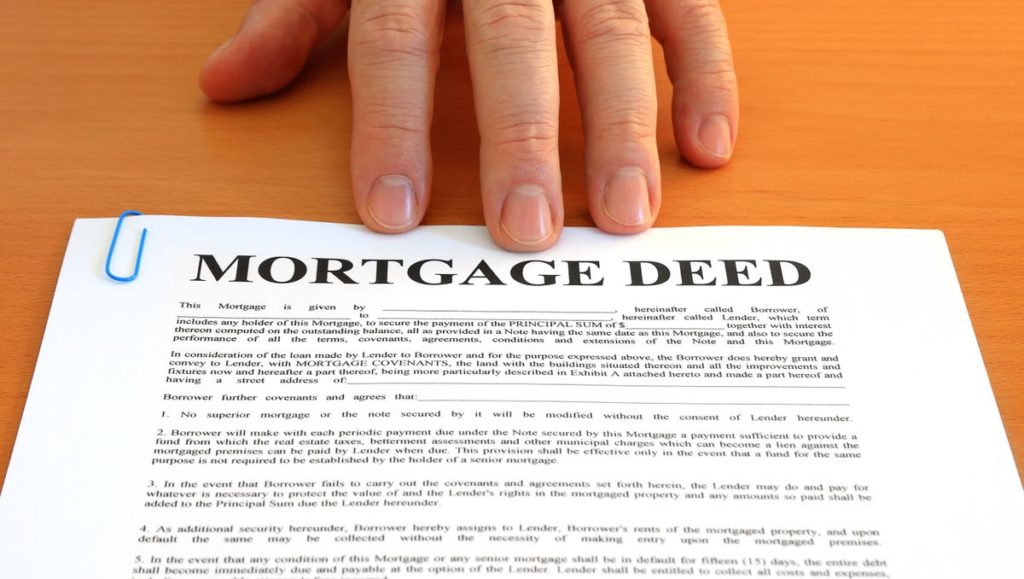
Georgia law allows a party to obtain a private way, also known as an easement, over the land of another through a process known as prescription (also sometimes called adverse possession). See OCGA Section 49-4-40 et seq. This requires seven years of uninterrupted use through improved lands. To show prescription, however, the party seeking an easement must show (1) uninterrupted use of the alleged private way, (2) that the private way is no more than twenty feet wide, (3) that they have kept the private way in repair, (4) and that the use was public, continuous, exclusive, peaceable, and accompanied by a claim of right. Finally, the use of the alleged easement must be adverse. This means that there cannot be adverse possession if the owner gives permission to use the property.
To obtain an easement over another’s land, the party seeking an easement must prove each of the above elements. All things being equal, the courts will favor the property owner over the party claiming an easement. This makes sense. Obtaining a legal right to go over someone else’s property should not be easy. On the other hand, a property owner has some responsibility to know how his or her property is being used by another and to prevent unauthorized use.
A recent Georgia Court of Appeals case decided this issue. In Wilkes 581 Farms, LLC v. McAvoy, A20A1225 (September 18, 2020), a party claimed an easement over a road belonging to another party. The court ruled against an easement over the road because the property owner had permitted the party claiming the easement to use the road. Thus, the claim was not “adverse.” In other words, if a property owner gives permission, there cannot be adverse possession or prescription.
Secondarily, the court ruled that the party seeking an easement lost because he could not show that the use of the road was exclusive. Instead, the evidence showed that others used the road. Finally, the court ruled that the alleged use was not adverse because the party claiming the easement had not notified the other property owner that he was claiming an ownership interest in the property owner’s property. The court explained that merely using a road for seven years is not enough to create adverse use. Instead, the party claiming an easement must make repairs or take other action to notify the property owner that someone else was claiming an ownership interest in his land.
If you have an easement question or dispute, please call us at 404-382-9994.




